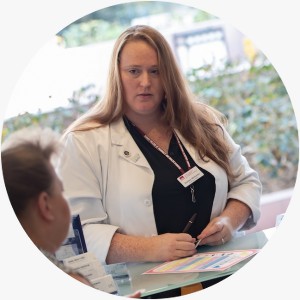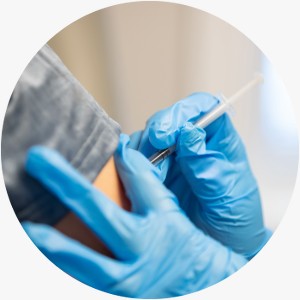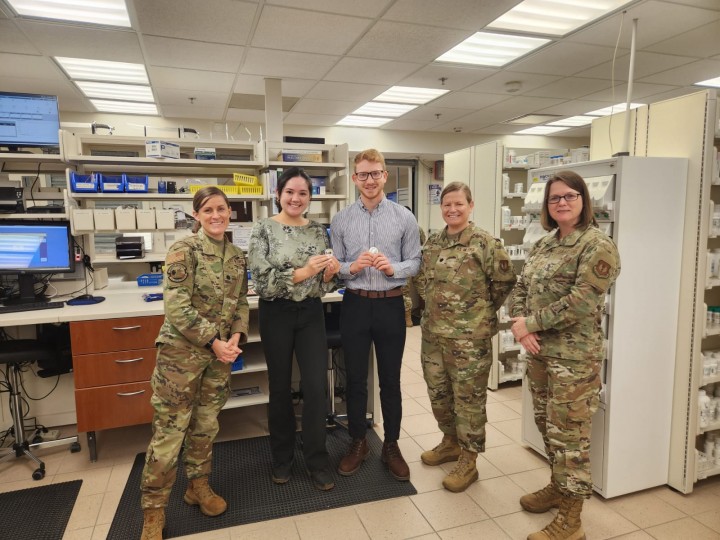The experiential education component of the doctor of pharmacy (PharmD) program is the opportunity for you to step out of the classroom and academic laboratory into a variety of real-world practice settings, putting the knowledge you have gained to use in hands-on pharmacy practice experiences. These experiences, also known as rotations, make up 30% of the pharmacy curriculum.
The College has practice experiences at approximately 500 pharmacy and clinical sites, including community pharmacies, hospitals, ambulatory care clinics, research laboratories, managed care facilities, specialty pharmacies, academia, government agencies and the pharmaceutical industry. These experiences not only expand your knowledge of pharmacy, but often lead to opportunities post-graduation.

IPPEs are designed for pharmacy students in their first three professional years of the PharmD program. When you enter your final professional year, you will have gained 320 hours of hands-on practice experience by meeting the IPPE requirements detailed below.
Each pharmacy student is required to complete three rotations, which total eight credits and 320 hours. All IPPE requirements must be met prior to beginning APPEs (see below) and must be completed in the United States or its territories (in accordance with ACPE Standard 13.8).

APPEs are hands-on experiences designed to build upon the academic base obtained in the classrooms, laboratories and IPPE portions of the PharmD program. Starting in May at the beginning of the final professional year, students complete seven APPE rotations (five core and two electives), each six weeks in length (42 weeks total). One week of an APPE is equal to one semester hour of academic credit (for a total of 42 credits).
APPEs are scheduled by the College and typically require students to be at the practice site a minimum of eight hours daily.
Experiential Education CalendaR
Non-Academic Requirements
Get Started as a Preceptor

Photo taken at Aviano Air Force Base in Italy
Hear from our students
Dr. Riddle is among 468 preceptors who guide ACPHS pharmacy students through rotations at 370 sites. Preceptors model professional conduct and decision-making as well as evaluate students in their practice settings.
“Precepting students – they often teach me more than I teach them,” she said when accepting the award. “They keep me young. It also keeps me motivated, and it gives me hope for our future as pharmacists.”
Learn more about the Preceptor of the Year Award.
Meet Our Team
Experiential Education Team
Albany College of Pharmacy and Health Sciences
106 New Scotland Avenue
Albany, NY 12208


